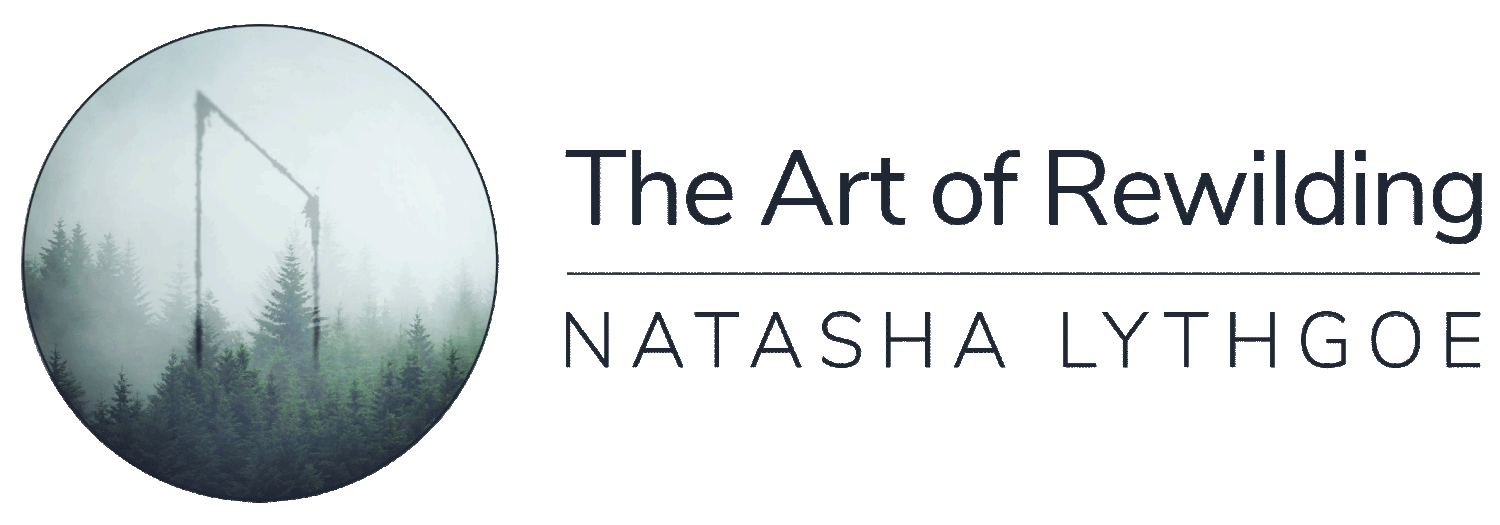Soulcraft Book Club
As a vision quest guide many people ask me for resources and information about where they can expand their knowledge of nature-based initiations, myth, ritual and how to live a more soulful life. There are some books, and particular authors, who have deeply influenced my thinking and the way I work. Robin Wall Kimmerer is one.
Potawatomi Botanist, Robin Wall Kimmerer is a are gift of warmth, wisdom, finding ways to share the weave between sacred and profane, and embody what it means to be an elder.
Braiding Sweetgrass: Indigenous Wisdom, Scientific Knowledge and the Teachings of Plants.
It All Turns On Affection
My first encounter with Braiding Sweetgrass, sitting under a terrace looking out towards the ocean, listening to the audio version (which is thankfully narrated in Robin’s own voice) remains vivid to me. Vivid because my response to her words and voice were so visceral. I literally sat with tears running down my eyes, tears of soft warmth and relief flowing from my heart.
Robin Wall Kimmerer is a writer of rare grace. She writes about the natural world from a place of such abundant passion that one can never quite see the world in the same way after having seen it though Kimmerer’s eyes. In Braiding Sweetgrass, she takes us on a journey that is every bit as mythic as it is scientific, as sacred as it is historical, as clever as it is wise. She is a great teacher, and her words are a hymn of love to the world.
E. Gilbert.
My Approach
I value learning through experience beyond simply knowing the facts. The rational mind, whilst important, can only take us so far. My work orientates around lived and landed ways of knowing through embodied experience. So, whilst I’m calling this a book club it is not really about the book itself.
In these gatherings, we will explore the ways that Kimmerer shares around how to awaken a reciprocal relationship with the more-than-human living world. To come closer to a sense of belonging and explore ways in which we might navigate new paths towards remembering our own indigeneity to earth.
-
Dates: 7 Tuesdays from 5th March - 16th April
Times: 10.30 - 12:30GMT
Investment:
Standard Rate £210
Concession Rate: £175
Please contact me to pay in Euros. -
Facilitated discussion and reflection
Guidance and enquiry around rites of passage and relevant topics
Embodiment practices
Space for sharing and time for questions
Space for wisdom and insights will emerge
Optional practices and exercises to do at home
Plenty of laughter and maybe a few tears
-
Each week we cover a chapter in our own time, and come to the group to integrate and embody the learning. Whilst the book is our anchor there will be plenty of time for questions and suggestions of exercises linked to the material.
If, like me, you are dyslexic there is an audio version of this book available. Please don't worry if you can’t keep up with the reading (or listening) - just come along anyway and learn from others insights and experiences.
This will be an informal and relaxed journey. The invitation to share is just that - an invitation - so you can share as little or as much as you like.
Whether you simply love a great book, really want to develop your understanding of soul or are looking for a supportive warm community gathering, this book club is for you.
Guided by rites of passage guide, trauma-informed therapist and coach, Natasha Lythgoe, this space will be rich with learnings and facilitated with care.
-
As a botanist, Robin Wall Kimmerer has been trained to ask questions of nature with the tools of science. As a member of the Citizen Potawatomi Nation, she embraces the notion that plants and animals are our oldest teachers. In Braiding Sweetgrass, Kimmerer brings these lenses of knowledge together to show that the awakening of a wider ecological consciousness requires the acknowledgment and celebration of our reciprocal relationship with the rest of the living world. For only when we can hear the languages of other beings are we capable of understanding the generosity of the earth, and learning to give our own gifts in return.
Being naturalised to place means to live as if this is the land that feeds you, as if these are the streams from which you drink, that build your body and fill your spirit. To become naturalised is to know that your ancestors lie in this ground. Here you will give your gifts and meet your responsibilities. To become naturalised is to live as if your children’s future matters, to take care of the land as if our lives and the lives of all our relatives depend on it. Because they do.
Robin Wall Kimmerer
There is an ancient conversation going on between mosses and rocks, poetry to be sure. About light and shadow and the drift of continents. This is what has been called the "dialect of moss on stone - an interface of immensity and minute ness, of past and present, softness and hardness, stillness and vibrancy, yin and yang.


